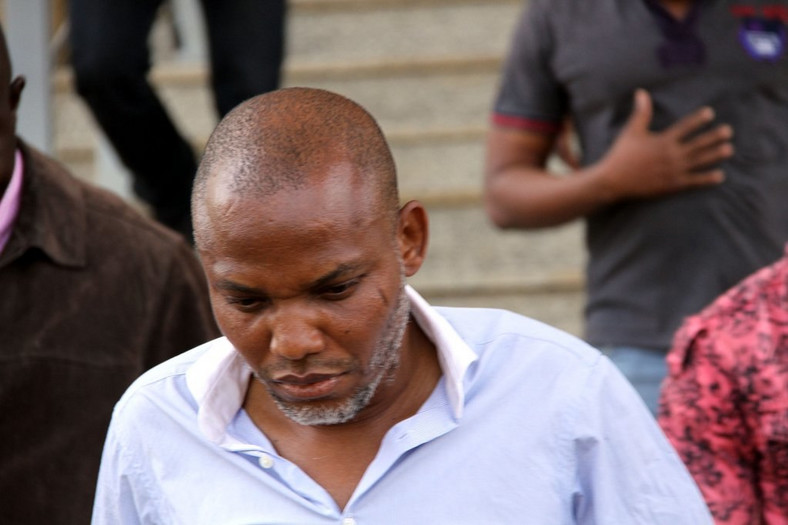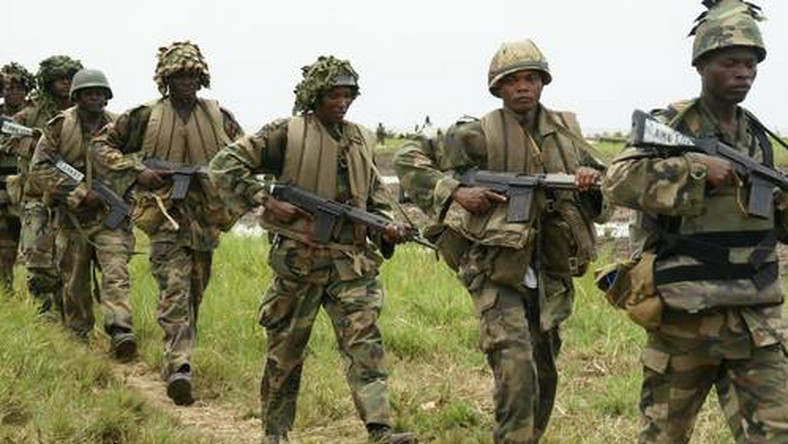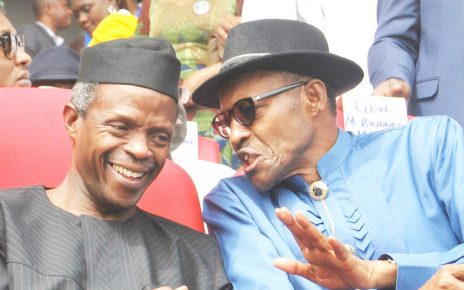The Army’s nationwide operation raises more questions than it provides answers despite Nigeria’s struggle with insecurity.
There’s something that sounds immediately sinister about the Nigerian Army’s “Operation Python Dance” simply because of its code name.
Of course, the Army always tries

The most prominent reason “Operation Python Dance” rings a very loud bell in Nigeria today is because of its very controversial status in the southeast region especially when it returned for a second run in 2017, code named Exercise Egwu Eke II or Operation Python Dance II.
The exercise, used as training for troops, gained widespread notoriety after soldiers of the Nigerian Army were involved in well-publicised clashes with members of separatist group, the Indigenous People of Biafra (IPOB), and its controversial leader, Nnamdi Kanu.
Soon after the commencement of the exercise in 2017, soldiers publicly clashed with IPOB members with the
In the course of that week, soldiers also attacked the Abia State Council of the Nigeria Union of Journalists (NUJ) in Umuahia, assaulting a national union officer and damaging laptops, phones, as well as other valuables in the building. Their crime? Someone was taking photographs of troops from inside the building. Over a year since Operation Python Dance II, the Army is relaunching the exercise for a third run (Operation Python Dance III); only this time, it will be conducted everywhere across all six geopolitical zones in the country.
During a flag off ceremony on Friday, December 28, the Chief of Army Staff, Lieutenant-General Tukur Buratai, represented by the Army’s Chief of Training and Operations, Major-General Lamidi Adeosun, announced that the exercise will run from January 1 to February 28, 2018 as a fulfillment of the Army’s mandate to conduct internal security operations in the country to combat criminality and other security challenges.




